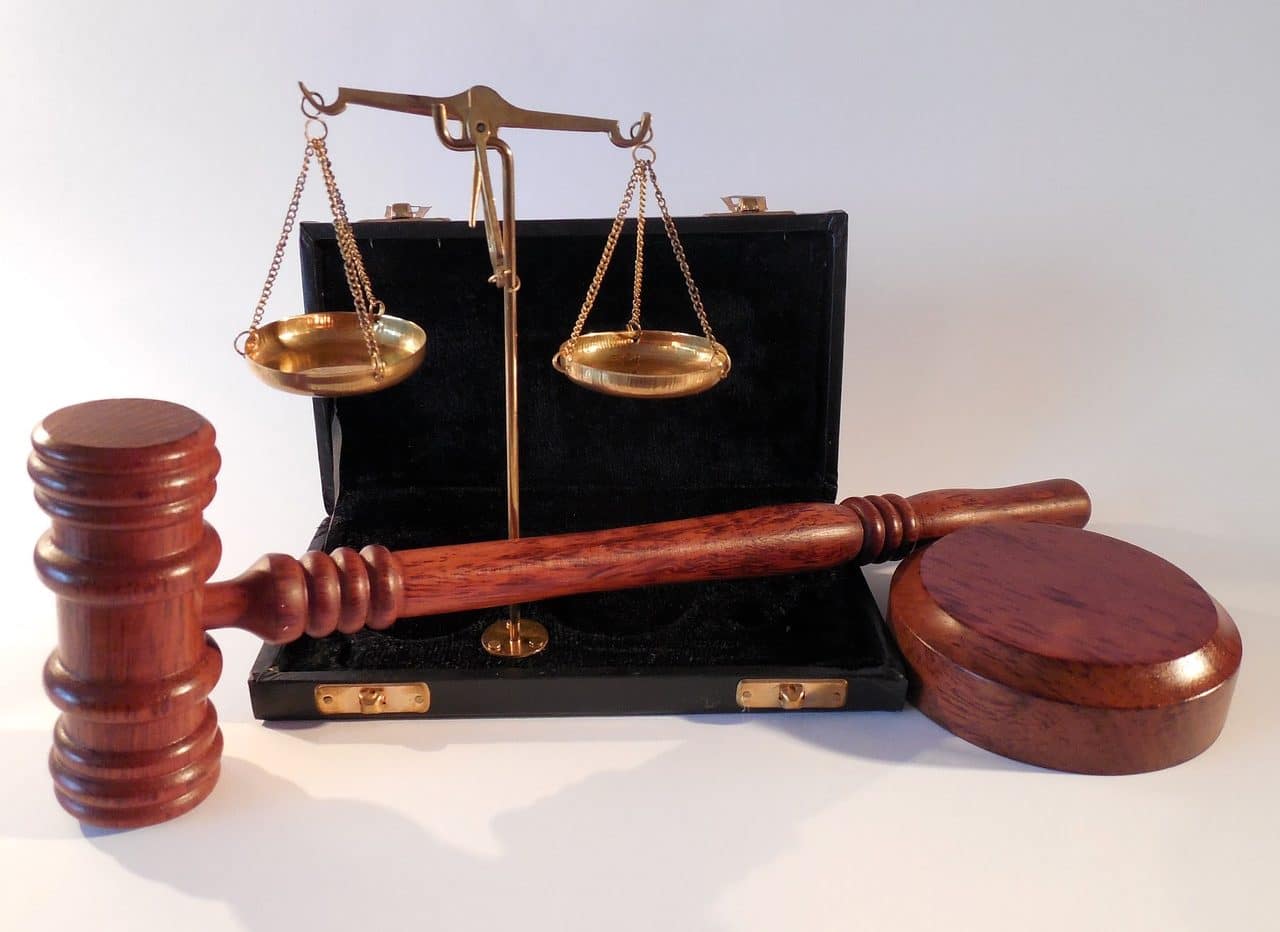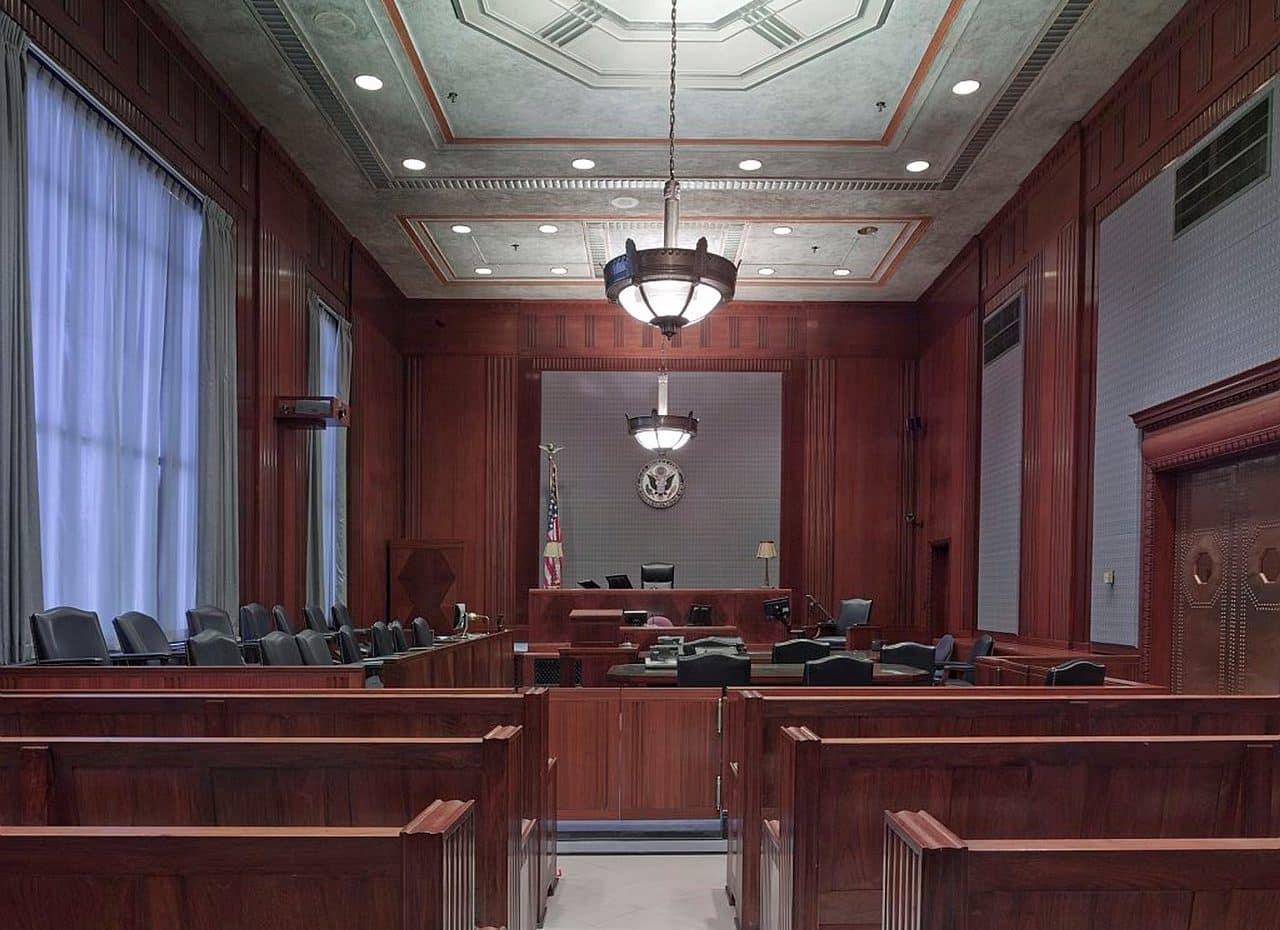
Repeal means canceling or revoking a regulation.
Repeal is the revocation, suppression or cancellation of a regulation, a rule or a habit . The term comes from repealing , an action that consists of nullifying something that was fixed or determined.
For example: "The government announced the repeal of the measure that prevented trading raw materials with the neighboring country" , "Our party has committed to working for the repeal of Law 3,258" , "If the repeal of the rule is confirmed, "Hundreds of companies could set up shop in the area that is currently closed."
Before moving forward we can determine the etymological origin of the word derogation. The term emanates from the Latin language, more precisely from the word derogatio .
Repeal in law
The concept of repeal is very common in the field of law . This is the process carried out to annul a law , a rule or another type of provision.
This means that, when a law is abolished, it is called repeal. Instead, the procedure that leads to the establishment of the law is known as promulgation . There are organizations and instances authorized to carry out the promulgation and repeal of regulations according to their rank.
In certain legislations, however, there are entities that are in a position to decide the repeal of a norm although they do not have the power to decree an enactment.

A repeal can have different causes.
Its causes
It must also be established that there are various causes that can lead to what would be the repeal of a specific law. Thus, among the most frequent, are the following:
- For reasons specific to the law. This occurs when it has been established for the duration of a specific time or when it has expired absolutely spontaneously.
- Because another law has been passed that renders it void or even directly establishes its expiration date.
- Because it stops being used out of habit or because it is already pretended that it does not exist.
Types of derogations
It is possible to distinguish between two types of derogations. Tacit derogations take place when a new regulation renders void those that precede it and that order the opposite of the promulgated regulations. Express derogations , on the other hand, directly mention which rule is annulled.
In addition to all of the above, we cannot ignore that the repeal of a law can be total or partial .
Some examples
In these times we live in, not only have various types of derogations been carried out but society is also asking that the same action be undertaken with other regulations. Thus, for example, in Spain there has been more than one citizen mobilization demanding that the government, and specifically that of Madrid , repeal the law that allows what is known as privatization of healthcare .
In the same way, throughout the world there have been requests and petitions from ordinary men and women to repeal, to mention one case, the Cuban blockade law .
